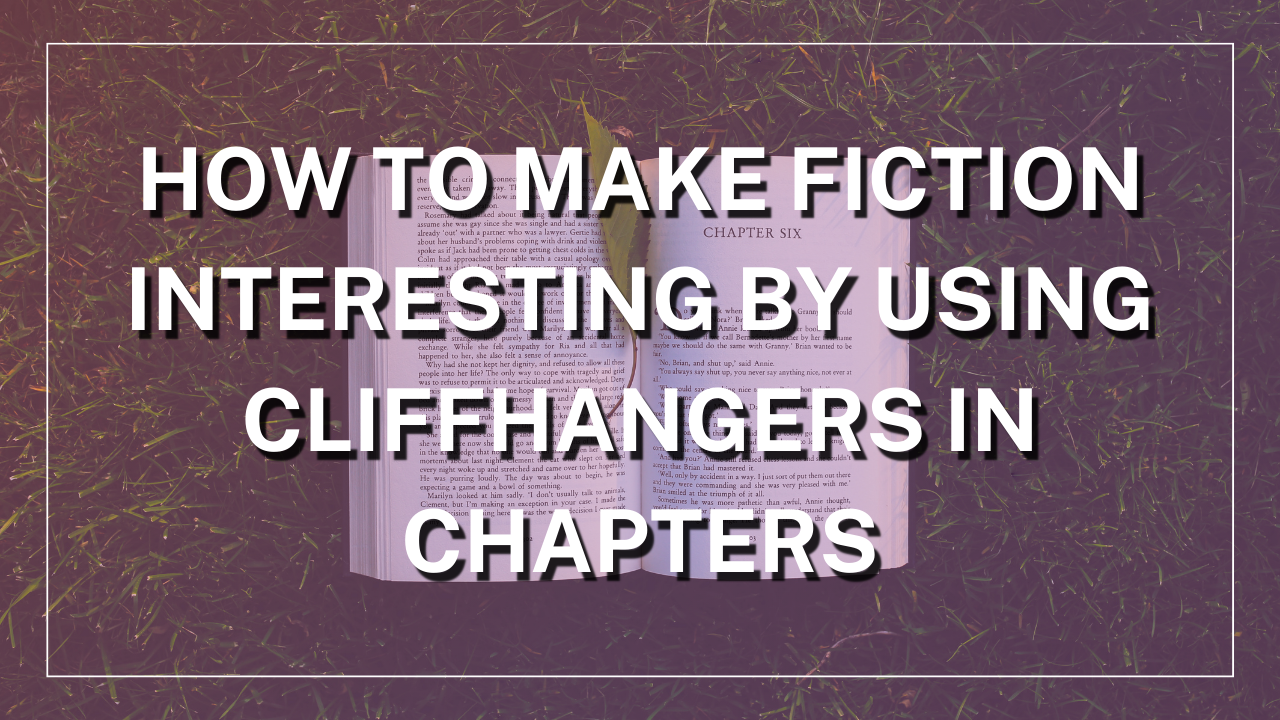Fiction is a wonderful way to escape reality and lose yourself in a story. But what makes a story truly compelling? One technique that has been used for centuries is the cliffhanger. A cliffhanger is a literary device that leaves the reader in suspense at the end of a chapter, creating a sense of urgency to keep reading.
Here are five ways to make fiction interesting by using cliffhangers in chapters.
- Build tension
One of the most effective ways to use cliffhangers is to build tension throughout the story. By gradually increasing the stakes and suspense, readers will become more invested in the story and eager to find out what happens next. For instance, a mystery novel might end a chapter with a revelation about the identity of the killer, leaving readers on the edge of their seats.
- Use foreshadowing
Foreshadowing is a literary technique that hints at what’s to come later in the story. By using subtle hints and clues, readers will be able to anticipate what might happen next, adding to the suspense and intrigue of the story. A great way to use foreshadowing is to end a chapter with a cryptic statement that hints at something big to come.
- Leave a question unanswered
By leaving a question unanswered at the end of a chapter, readers will be eager to keep reading to find out what happens next. For example, a romance novel might end a chapter with the protagonist being proposed to by two different suitors, leaving the reader wondering who she will choose.
- Use a plot twist
A plot twist is a sudden, unexpected change in the direction of the story. By using a plot twist at the end of a chapter, readers will be left reeling and eager to find out how the story will continue. For instance, a thriller might end a chapter with the protagonist discovering that their trusted ally is actually the villain in disguise.
- End with a cliffhanger
The most obvious way to use a cliffhanger is to end a chapter with a literal cliffhanger. By leaving the protagonist in a dangerous or uncertain situation, readers will be compelled to keep reading to find out what happens next. For instance, a fantasy novel might end a chapter with the protagonist dangling off a cliff, leaving readers wondering how they will escape.
In conclusion, cliffhangers are a powerful tool for making fiction interesting and keeping readers engaged. However, it’s important to use cliffhangers judiciously, as too many can become predictable and lose their impact. By carefully crafting the right cliffhangers at the right moments, writers can create a story that is truly compelling and unforgettable.

